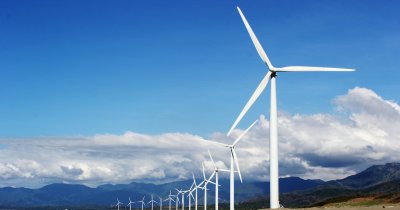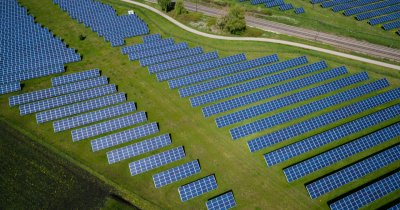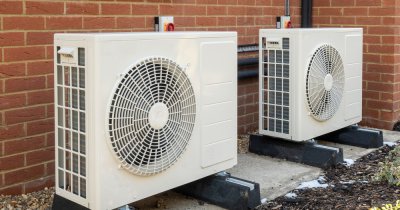This growth is mainly driven by the rise of mega deals (deals valued at more than USD 100 million) in sectors such as Mobility and Transportation and Industry, Manufacturing and Resource Management, as a result of the ambitious targets for countries and, implicitly, companies to reduce carbon emissions.
More than 80% of funding in Central and Eastern Europe has been attracted in the last year by startups in Estonia and Lithuania, and around 55% has been directed towards the Mobility and Transportation sector, as electric vehicles, micro-mobility and other innovative transport models are on the radar of investors and consumers.
In Romania, two startups have attracted investment for carbon reduction technologies, both operating in the building materials sector. You can find out more information about the startups included in the Net Zero Future 50 report by reading it here.
"Romanian tech startups need support to grow and strengthen their ability to attract funding. Pandemics, as well as limited opportunities to scale up early-stage businesses, have slowed the speed of development in this sector. A joint public-private effort is still needed to encourage the development of startups so that they can strengthen their ability to attract funding that will have an impact both within their organisations and in the community. For a sustainable future, but also to reach our goal of reducing CO2 emissions by 55% by 2030, it is important that all actors - companies, authorities, non-governmental organisations or entrepreneurial businesses - are given the resources to build policies and services to improve the quality of life in the medium and long term", said Dinu Bumbăcea, Country Managing Partner PwC Romania.
Central and Eastern Europe contributes about 3.73% of total global greenhouse gas emissions, but attracts only 0.79% of global investment in climate technologies.
According to the report, Romania has one of the lowest greenhouse gas emission rates, at 3% of total emissions in Central and Eastern Europe.
An estimated USD 1.75 billion was invested in climate technologies in CEE between 2013 and the first half of 2021.
Other findings of the report
- Looking at the average start-up profile, it is clear that most are in the early stages of their journey.
- 50 innovative start-ups were included in the analysis, with most represented countries being Poland (14) and Estonia (13). In terms of sector, the most represented were Food, Agriculture and Land Use (12), followed by Energy (10), Built Environment (9), and Industry, Manufacturing and Resource Management (9).
- The report also presents interesting insights into the most underfunded areas. Most notably, between 2013 and first half of 2021 CEE start-ups in the Food, Agriculture and Land Use sector attracted just 2.26% of total funding, and those in the Energy sector a mere 1.29%.
- The countries included in the report are: Albania, Armenia, Azerbaijan, Bosnia and Herzegovina, Bulgaria, Croatia, Czech Republic, Estonia, Georgia, Hungary, Kazakhstan, Kosovo, Kyrgyzstan, Latvia, Lithuania, North Macedonia, Mongolia, Montenegro, Moldova, Poland, Romania, Serbia, Slovakia, Slovenia, Turkmenistan, Ukraine, Uzbekistan.
 Oana Coșman
Oana Coșman












Any thoughts?